DALLAS — British low-cost airline EasyJet (U2) has announced a partnership with JetZero, a California-based company, to develop a Blended-Wing Body (BWB) aircraft.
With a significant step towards sustainable aviation and aircraft development, U2 has become the first European airline to partner with the U.S. startup JetZero, which specializes in BWB aircraft powered by hydrogen technology.
The partnership was unveiled at a Net Zero technology showcase held at Cranfield University, coinciding with the second anniversary of EasyJet’s Net Zero Roadmap. The BWB aircraft design is expected to offer up to a 50% reduction in fuel burn, and when powered by hydrogen, it promises substantially lower greenhouse gas emissions.
Sustainability has become a key focus in the aviation industry, driving innovations in aircraft design and development. Last year, Alaska Airlines (AS) became the first airline to invest in JetZero, participating in the startup’s Series A funding round.
“Our research shows unequivocally that British travelers are banking on technological developments to preserve their ability to fly and see the world. The level of innovation we’re seeing is encouraging, but we need support from the government and regulators to ensure policy and infrastructure keeps at pace with technological progress so that If we do this, the social and economic benefits of flying can be retained for future generations.”, said Johan Lundgren, Chief Executive Officer at easyJet.
Outlook on Sustainable Aviation
The recent research conducted by the airline reveals that almost 71% of the British population believes that zero-carbon emission technology using hydrogen propulsion is the best option to decarbonize aviation. Additionally, 50% of the respondents support the aviation industry's active investment in new technologies that reduce carbon footprint. In comparison, 64% of the population would fly with an airline that actively takes significant action to reduce environmental impact.
Reflecting on the urgency of addressing climate change, the research also indicates that approximately 53% of the population would like the new government to offer more significant support to accelerate and prioritize the transition to zero-carbon emission flying.
In addition to zero-carbon emission technology, EasyJet’s Net Zero Roadmap includes several other initiatives, such as fleet renewal, operational efficiencies, airspace modernization, Sustainable Aviation Fuels (SAF), and carbon removal solutions.

.webp)
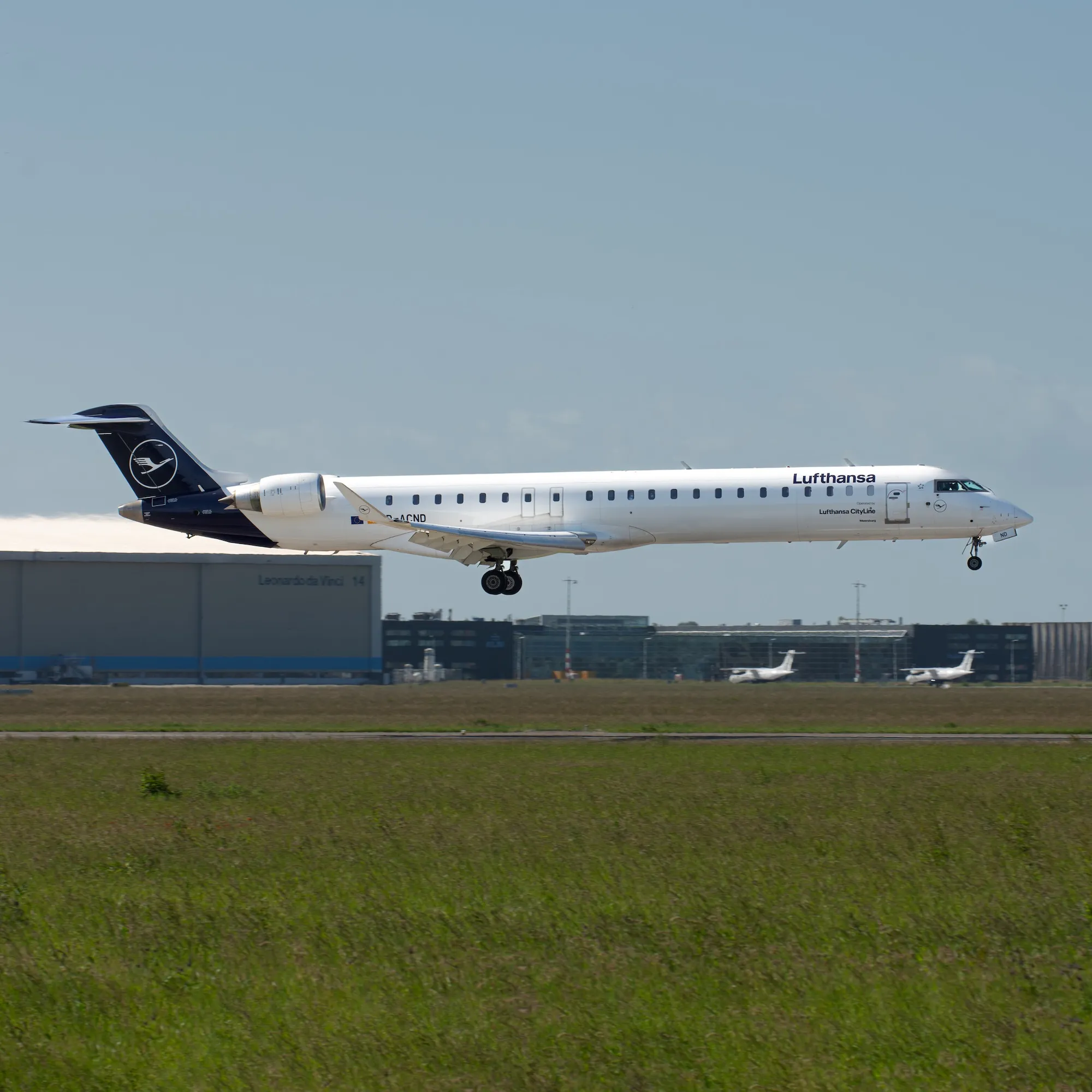
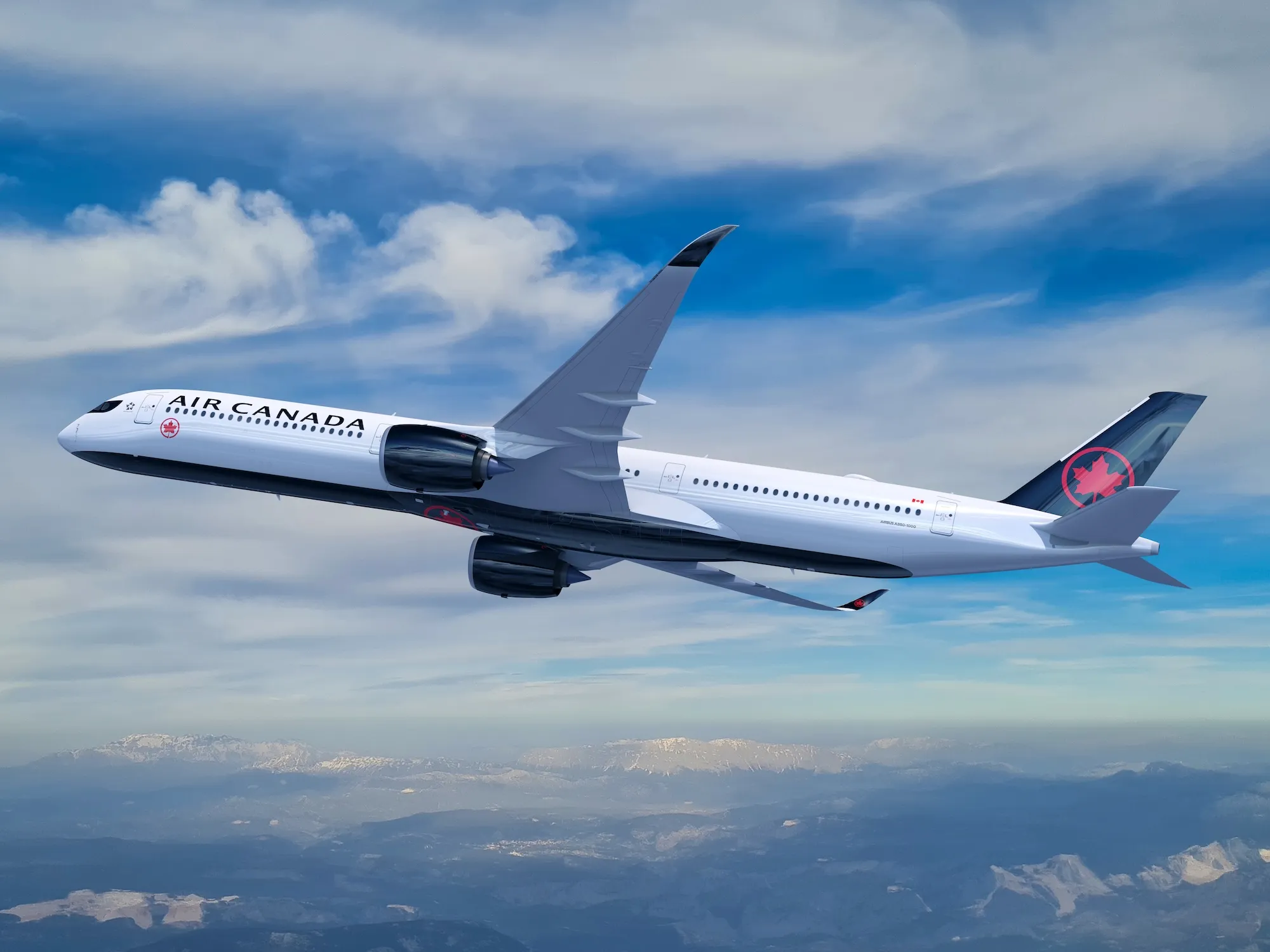
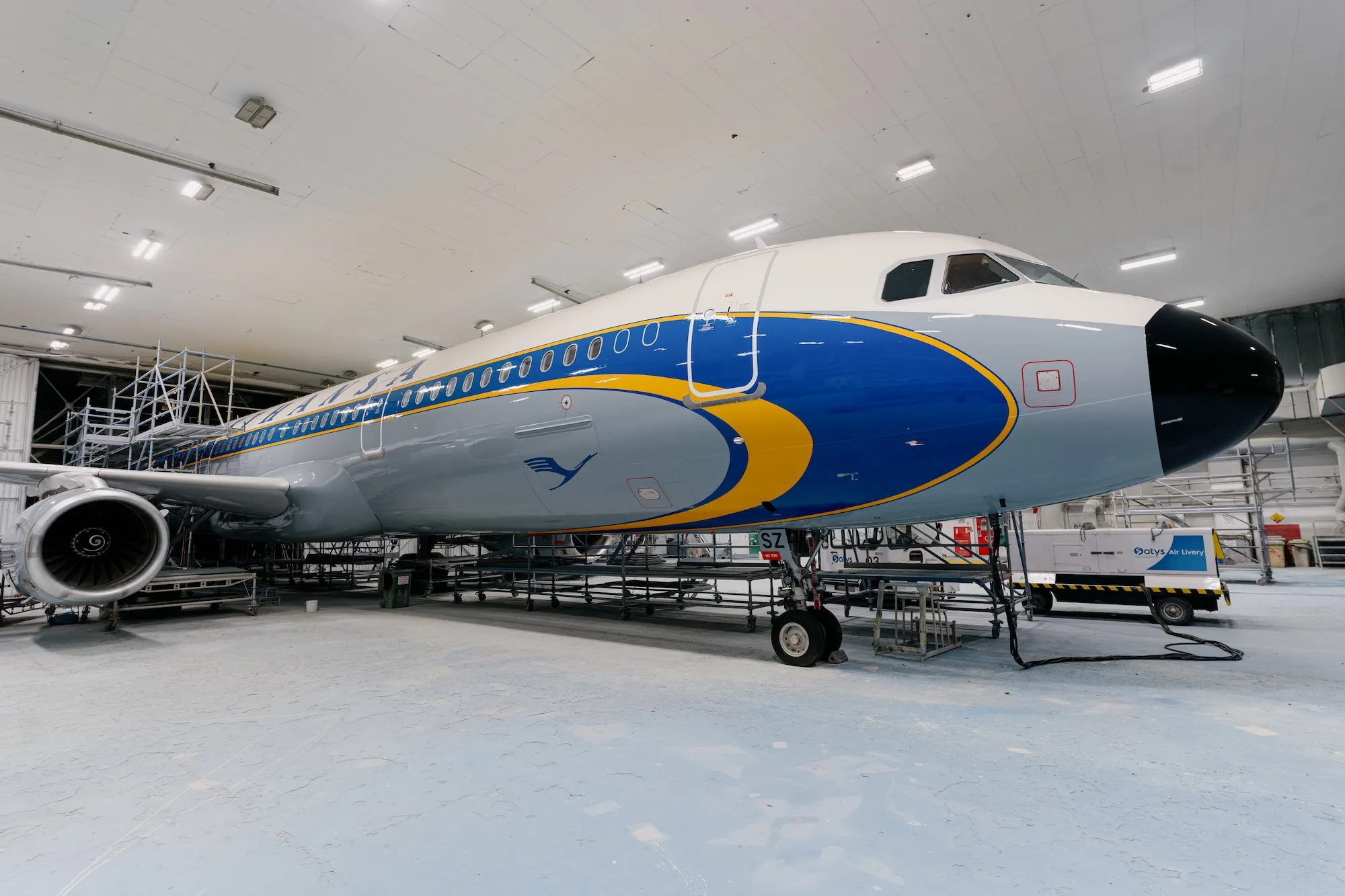
.webp)
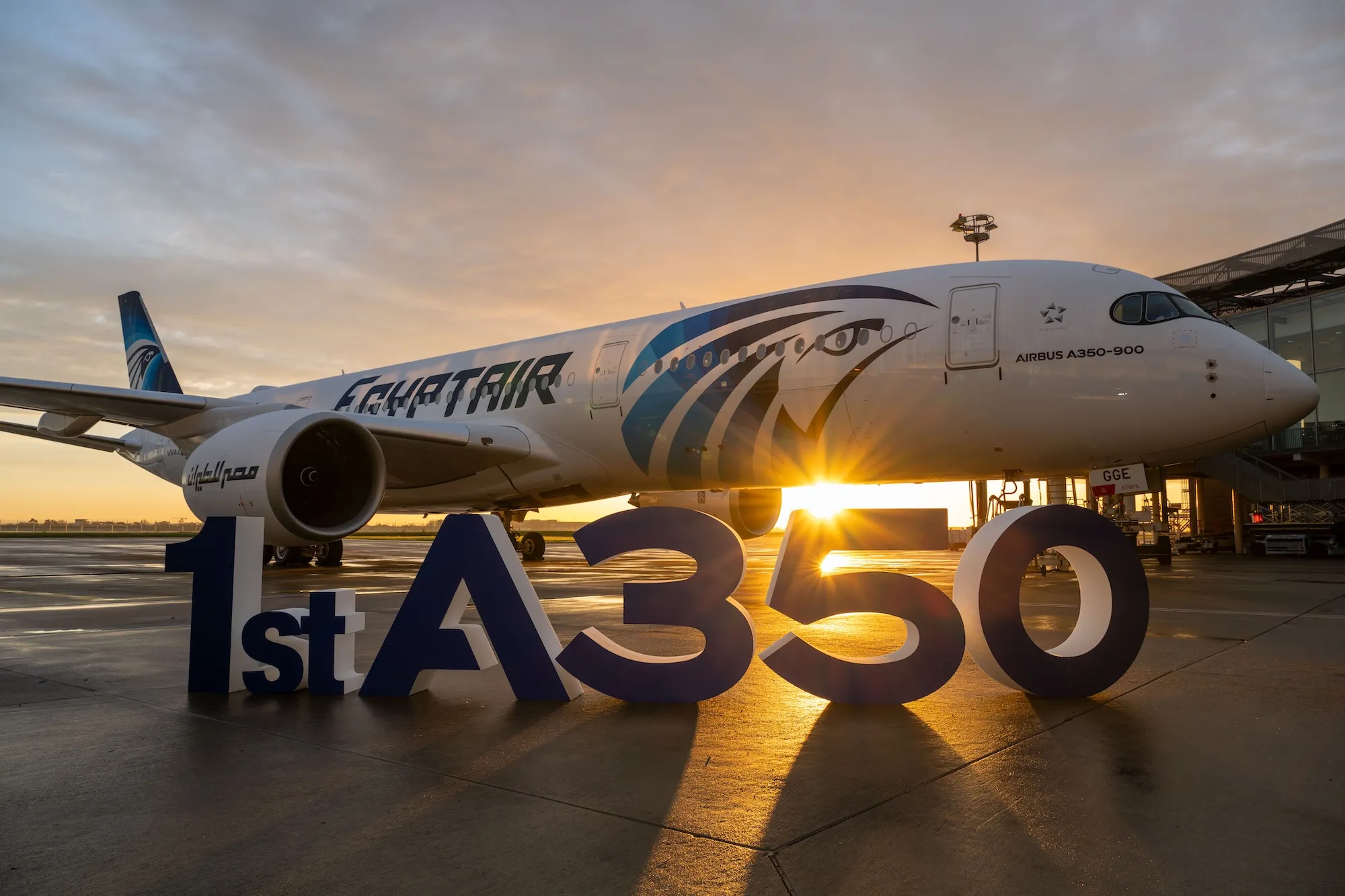


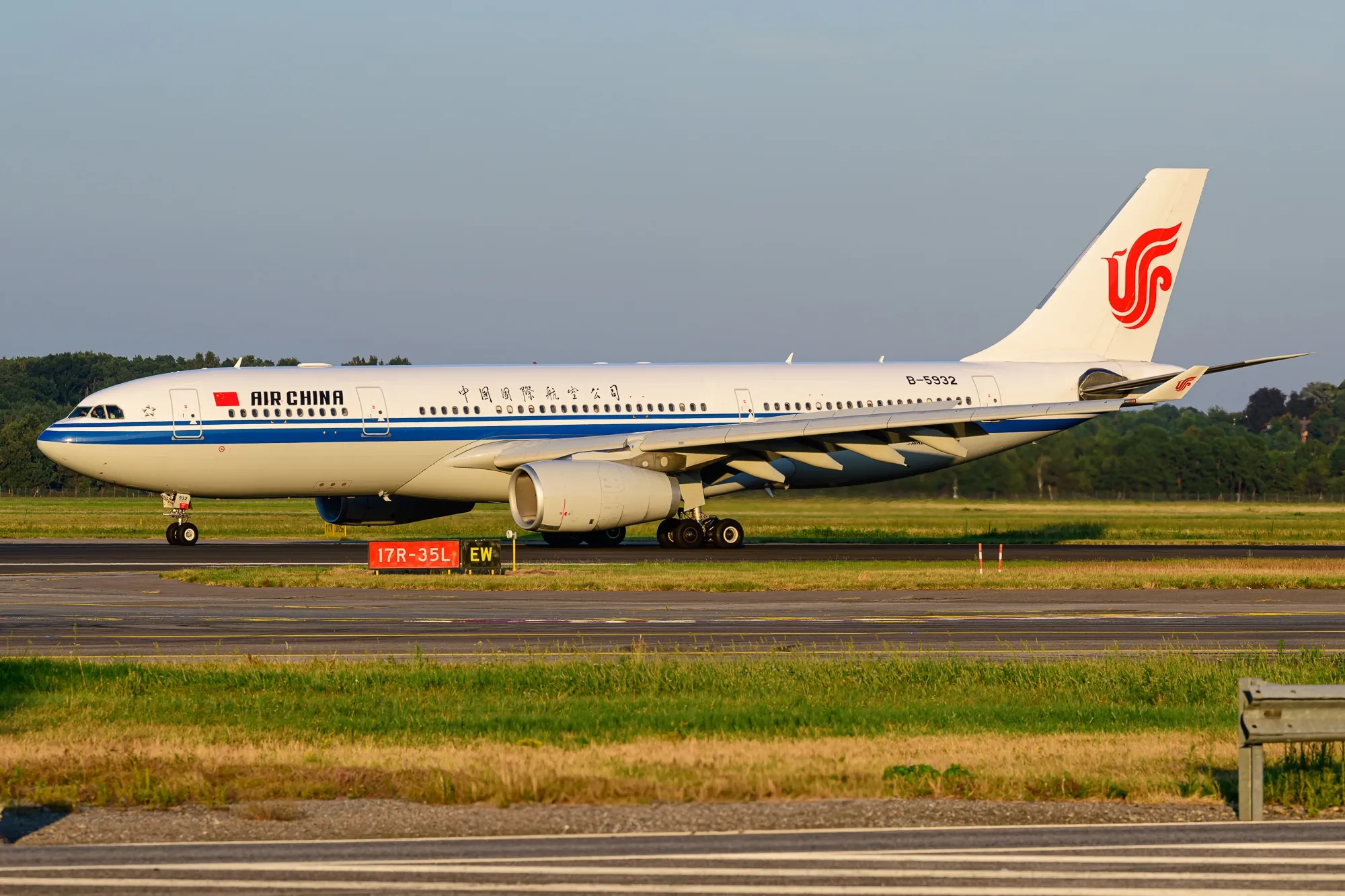
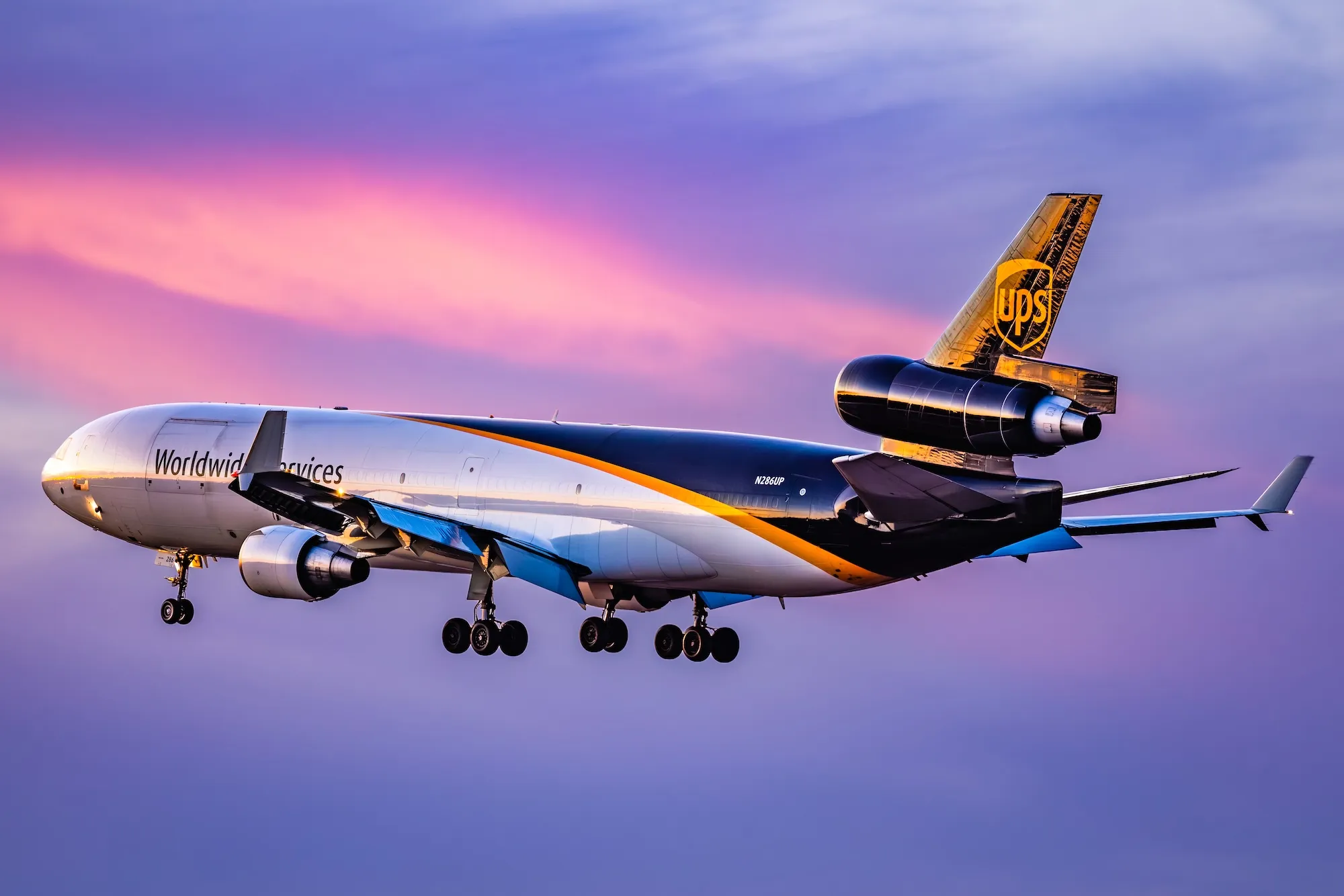
.webp)